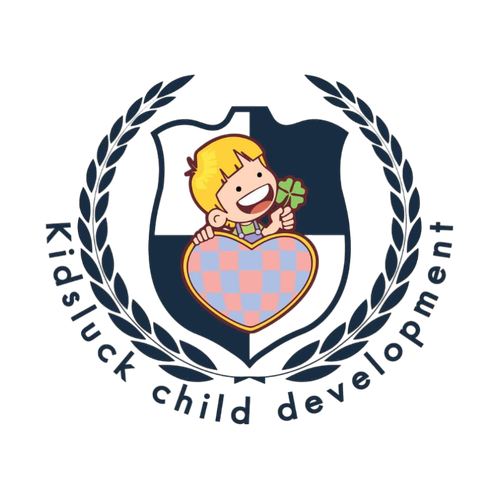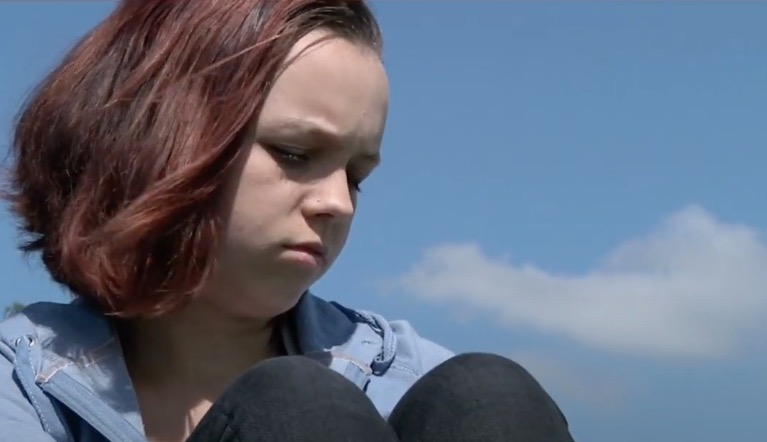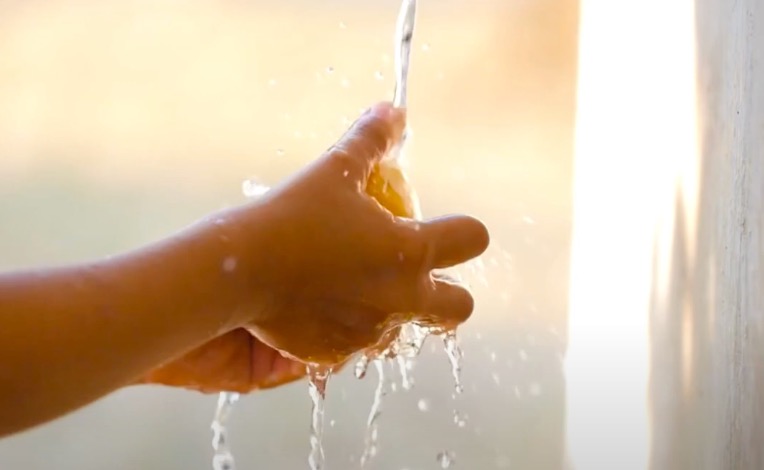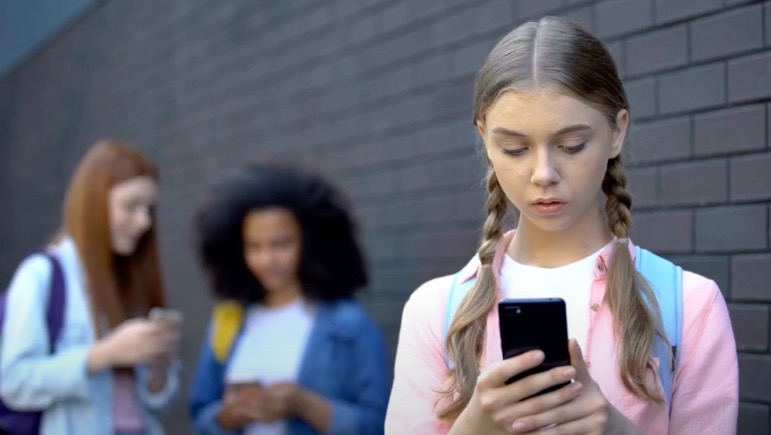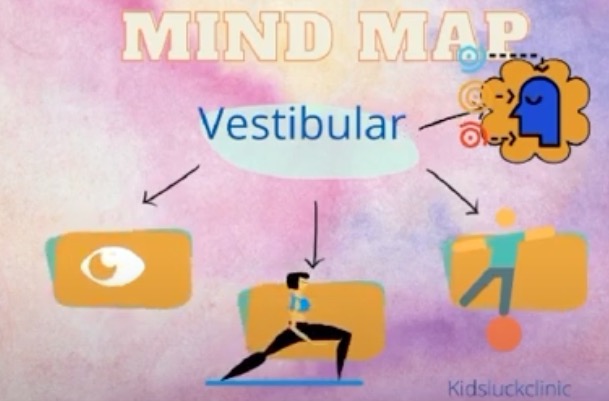Detecting social anxiety in pre-teens after the COVID-19 pandemic can be challenging but crucial for early intervention and support. Here are some general signs and strategies for identifying social anxiety in pre-teens:
Observation and Behavior Changes:
Pay attention to significant changes in behavior. If a pre-teen who was previously outgoing becomes noticeably withdrawn, it could be a sign.
Watch for signs of avoidance, such as avoiding social gatherings, school events, or interactions with peers.
Physical Symptoms:
Social anxiety can manifest physically. Look for signs like trembling, blushing, sweating, or stomachaches before or during social situations.
Academic Performance:
Declines in academic performance or changes in study habits can be indicative of social anxiety, as it may affect their ability to participate in class or complete assignments.
Peer Relationships:
Notice if they have difficulty making or maintaining friendships.
Ask about their experiences with bullying or exclusion, as these can exacerbate social anxiety.
Communication Patterns:
Listen to how they talk about social situations. Are they overly negative or self-critical when discussing social events or interactions?
Technology Use:
Excessive use of digital devices or social media as a way to avoid face-to-face interactions can be a sign of social anxiety.
Talk to Them:
Have open and non-judgmental conversations. Ask them how they feel about returning to in-person school or participating in social events.
Encourage them to express their concerns and fears.
Consult with a Professional:
If you notice persistent signs of social anxiety and it’s affecting their daily life, consider consulting with a mental health professional.
A trained therapist or counselor can conduct assessments and provide guidance on how to support the pre-teen effectively.
Seek Feedback from Teachers:
Teachers often have valuable insights into a child’s behavior in a school setting. They may notice if a pre-teen is struggling with social anxiety.
Peer Support Groups:
Consider connecting the pre-teen with support groups or extracurricular activities that focus on social skills development and provide a safe, supportive environment.
